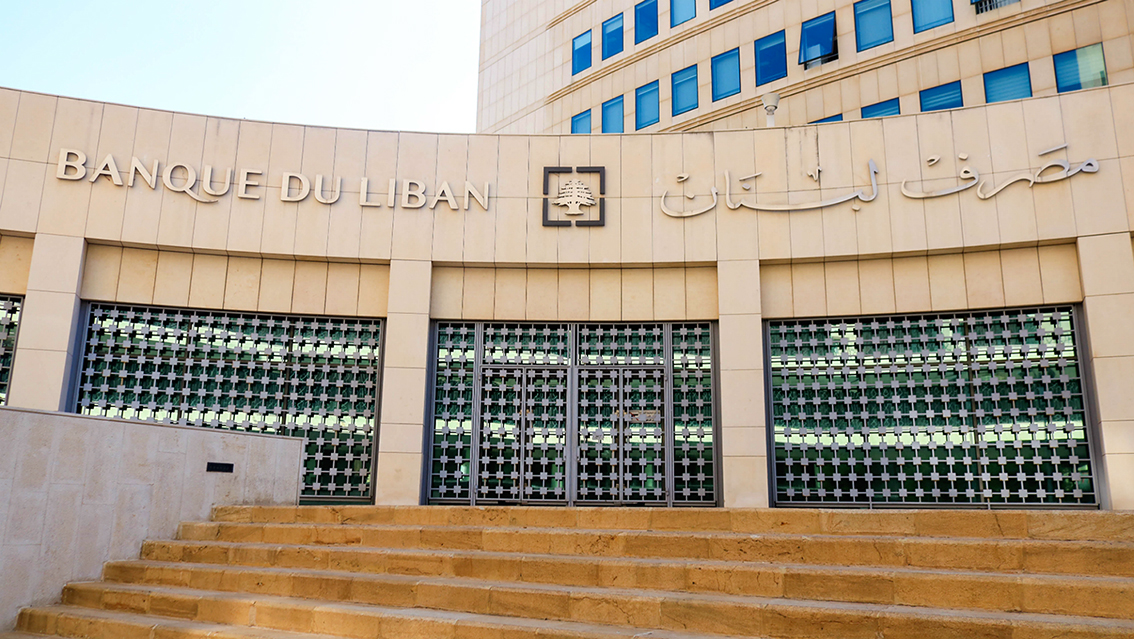Nicosia – Lebanese banks are closing their branches in Cyprus, following a decision by the Lebanon Central Bank, according to a report by the Cyprus News Agency (CNA) released earlier this week.
CNA said that Cyprus Central Bank (CBC) sources confirmed the decision by its Lebanese counterpart.
In total, seven Lebanese bank branches are closing, with two branches of another two banks have already done so in the past, primarily due to the severe economic crisis currently ravaging Lebanon.
The nine Lebanese banks are the Bank of Beirut, BankMed, Banque BEMO, BBAC, BLOM Bank, Byblos Bank, Credit Libanais, IBL Bank and LGB Bank.
In April of this year, a report noted that the country’s gross domestic product fell to approximately $20.5 billion in 2021, having stood at roughly $55 billion in 2018.
The World Bank said at the time that such a severe downturn is most often the result of wars, adding that the crisis is one of the worst seen on the global stage since the mid-19th century.
Regarding the repercussions of the decisions for Cyprus, the Central Bank said that it has been monitoring the situation since 2019 when the situation in Lebanon started to deteriorate.
Seeking to avoid any detrimental effects on the Cypriot banking system, the CBC first imposed a limit on the amount of savings in Lebanese banks in Cyprus that would qualify for the deposit guarantee scheme. The measure came into effect in November of 2019.
Subsequently, in March of 2020, the Central Bank decided that Lebanese bank branches should transfer to the CBC an equal amount of liquidity to the amount needed to guarantee any deposits.
This would ensure that in the event of any issues faced by the banks, there would be enough cash available to pay the guaranteed deposits, meaning those under €100.000, thus protecting the local banking system.
In relation to this measure, financial statements of Lebanese banks had shown that a large part of the liquidity received by their branches in Cyprus was placed at the headquarters of the parent organisation in Lebanon.
With the Lebanese banks facing a host of problems, there was a risk that these debts would not be paid by the parent banks, resulting in the deposits having to be covered by the Cypriot deposit guarantee scheme.
In March of 2021, the CBC also asked these branches to transfer additional liquidity in order to be able to cover 50% of non-guaranteed deposits, meaning those exceeding €100.000.
Citing sources close to the issue, CNA said that the above measures resulted in deposits in Lebanese bank branches falling from €650 million at the end of 2019 to €400 million, twelve months later.
In addition, in July of 2021, an amendment requested by the CBC gave it the power to undertake the exclusive management of the cash held by a bank in Cyprus, in order to pay the guaranteed deposits of its customers, in the event its bank license was to be revoked.
According to the report, even a possible collapse of the Lebanese banking system is not expected to have a negative impact on Cyprus and its own banking system.
In relation to the branches in Cyprus, the vast majority of deposits and loans belong to non-residents of Cyprus.
Moreover, the branches of Lebanese banks in Cyprus accepted deposits and provided loans primarily to non-residents of Cyprus.
Their main activities included services such as providing letters of guarantee, letters of credit, as well as incoming and outgoing transactions.
Finally, the agency reported that the total deposits and loans of Lebanese bank branches corresponded to less than 1% of the total of each respective category.





